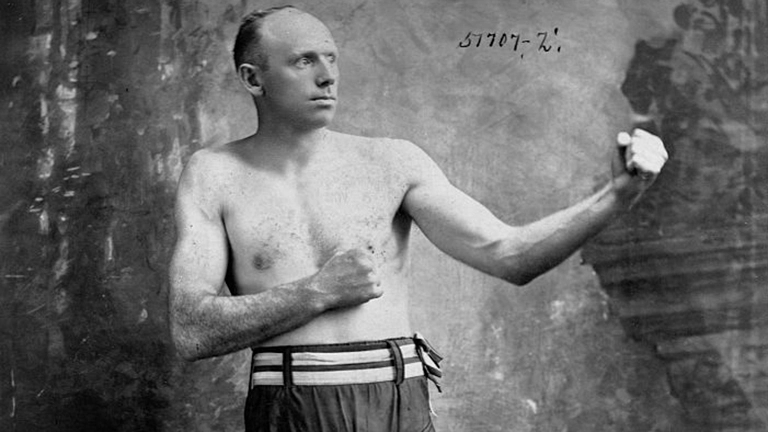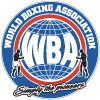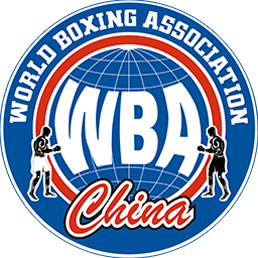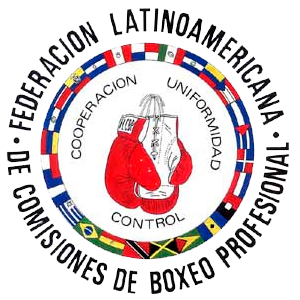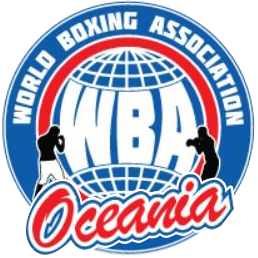In our purpose of bringing to the attention of the new generations of fans and for the longing of those of yesteryear about the activity of the great stars in the ring, today we introduce for the second time to this space of the World Association, the name of Bob Fitzsimmons, the first boxer in history who managed to win three world crowns, an unthinkable feat for his time, the end of the 19th century and the beginning of the 20th century.
Robert James Fitzsimmons was born in Helston, Corwell, UK on 26/6/1863 and emigrated at a very young age to New Zealand where he won the national amateur middleweight championship in 1880, with 4 knockouts in one night!
Fitzsimmons was a middleweight boxer who reigned at heavyweight. The first of the belts, that of the middleweight, he won on January 14, 1891 with a KOT13 over Jack Dempsey, alias Nonpareil, in New Orleans. This Dempsey has no connection with the mythical Jack Dempsey who controlled the heavyweight in the mid 1920s.
Then he won the heavyweight title on 3/17/1897 when he defeated James J. Corbett on 3/17/1897, and in the light heavyweight on 11/25/1903.
It should be noted that when he defeated Corbett he weighed 184 pounds, against 167 of the challenger. Fitz, 34 years old, went up for the heavyweight crown in Carson City, Nevada, against James John Corbett, “Gentleman Jim”, 3 years younger and defending champion in his 2nd exhibition of the throne won 7 years earlier against John L. Sullivan.
At the time boxing was banned in all states of the Union and the promoter, Dan Stuart, had to convince the state governors with the bait of increasing the regional economy. The boxers accepted a purse of $10,000 each, plus 15% for box office and cinema. BF won in the 14th round with a right to the solar plexus, and the movie of the fight hit the big screen in July of that year at the New York Academy of Music, packed with eager and excited spectators.
THE BIGGER THEY ARE, THE LOUDER THEY SOUND WHEN THEY FALL
Fitz, known for his suicidal and commended bravery, used to say, to the delight and laughter of his followers, that he liked to face “the big guys in weight and size, because they make more noise when they fall,” first stepped into a ring in public in January 1883 against Jim Crawford, whom he knocked out in 3 rounds in Sidney, Australia, he had accumulated two setbacks, both by knockouts against Mick Doodley and Jim Hall, a little more than a dozen knockouts in favor, 15 without decision and 6 on points, when he traveled to North America where boxing was booming, in popularity and economically.
He made his debut on May 17, 1890 with a win in the first against Frank Allen in San Francisco, California. He then fast-tracked 32 in a row (including a win over Nonpareil Dempsey, which gave him the 72.580 kg belt), plus 3 on points and a knockout.
After his win over Corbett he lost the crown in 11 rounds two years later (in NY, on 9/06/1899) to James J. Jeffries, who weighed 219 pounds to his opponent’s 167, almost 22 kilos heavier than the defending champion.
After 5 knockouts and a 2nd loss to Jeffries in 8 rounds in Los Angeles on 7/25/02, the indefatigable Fitz won his third title, the semi-complete, an indelible feat, by decision in 20 over George Gardner in November 1903 for the semi-complete title.
Several months later Philadelphia Jack O’Brien and Fitz closed out a headline fight without a decision and on December 20, 1905, Fitz knocked him out in 13 rounds to take the 175-pound crown.
A KO loss before Jack Johnson (first black heavyweight king of the world) in 2 on July 17, 1907, a win over Jim Paul and a KO at the hands of Bill Lang in 1909 in a fleeting return to Australia–plus two no-decisions back in the U.S.–convinced him that the road was over.
When he left, Fitzsimmons had 61 wins, 57 knockouts, 8 losses (7 by KO) and 4 draws, although some publications assign him 46-8-0 and 39 knockouts. He was inducted into the first group of the World Boxing Hall of Fame in 1954 and died at the age of 54 at Michael Reese Hospital in Chicago, Illinois, overcome by pneumonia. Just 3 years earlier, with 51 springs on his back on February 20, 1914, he had hung up his gloves after just over 3 decades in the pros and just under 5 in the amateurs. He walked away with a 6-nil decision to Jersey Bellew in Pennsylvania on February 22, 1914.
He passed away on October 22, 1917. The Enquire newspaper of Buffalo, New York, bid him farewell with a touching 34 words:
“A cruel death provided a coup de grace for Bob Fitzsimmons in a Chicago hospital. The ‘Great Referee’ called Bob to assist him in his corner, from which he never returned.”


